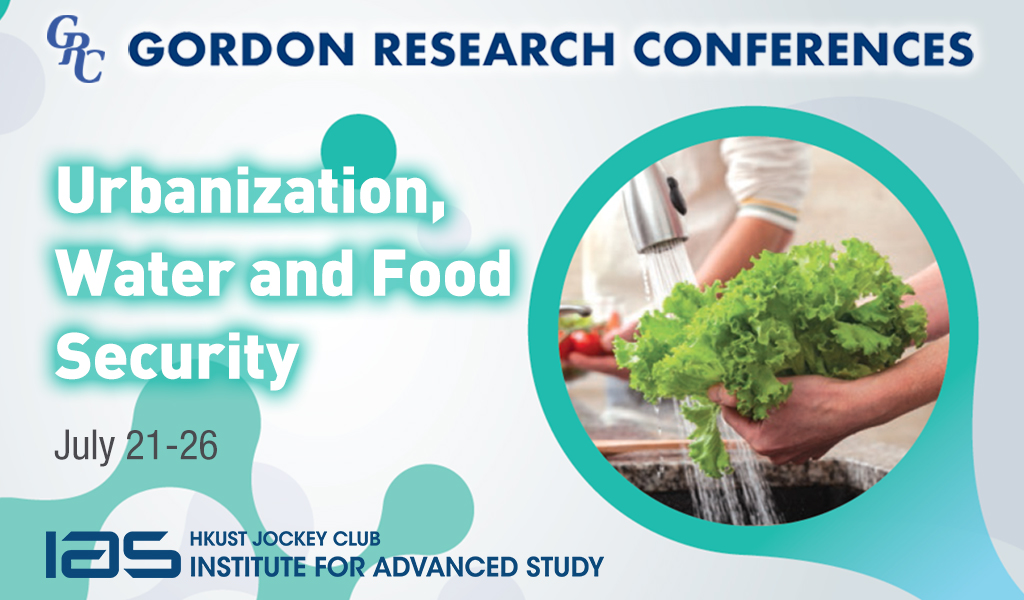Urbanization, Water and Food Security: Integrative Urbanization, Water and Food Security
Overview
By 2050, 70% of human populations will reside in urban areas with a majority living along the coasts. Such high population densities result in elevated demand for food, energy, and water and other resources, including chemicals, which are then concentrated in these urban areas. Environment and health implications of global megatrends, including environmental quality intersections with the food – energy – water nexus, present challenges and unique opportunities to achieving the United Nations Sustainable Development Goals. For example, global food production must increase by 50% over the next few decades to meet the increasing population demands - aquaculture will play an important role to meet these needs. However, 80% of the global sewage production is not treated, but returned to the environment and then subjected to reuse. Judicious water reuse will become increasingly critical because 50% of the world population will live in water stressed regions by 2025. Unfortunately, environmental quality implications of water security and food safety are not routinely examined, particularly within the context of global climate change and urban stressors. For example, changes in physical conditions of the coastal waters could in turn modify ecosystem services, reduce food production or alter the nutritional value of aquaculture products. Clearly, urban water-food security challenges represent an emerging frontier in integrative global environment and health studies, which require transdisciplinary engagement to identify and manage environmental determinants for disease outcomes.
With an inaugural theme of "Integrative Urbanization, Water and Food Security," this new GRC will provide a transdisciplinary forum for environmental and agricultural biologists, chemists, engineers, health scientists and other disciplines to advance mechanistic understanding and management strategies to promote more integrative water and food security associated with urbanization. Hong Kong is an ideal venue given its convenient location to the 22 megacities that will emerge in the Asia-Pacific region by 2030.
Chairs
- Bryan Brooks (Baylor University)
- Kit Yu Karen Chan (Swarthmore College)
Vice-Chairs
- Kenneth M.Y. Leung (The University of Hong Kong)
- Ceri Lewis (University of Exeter)



